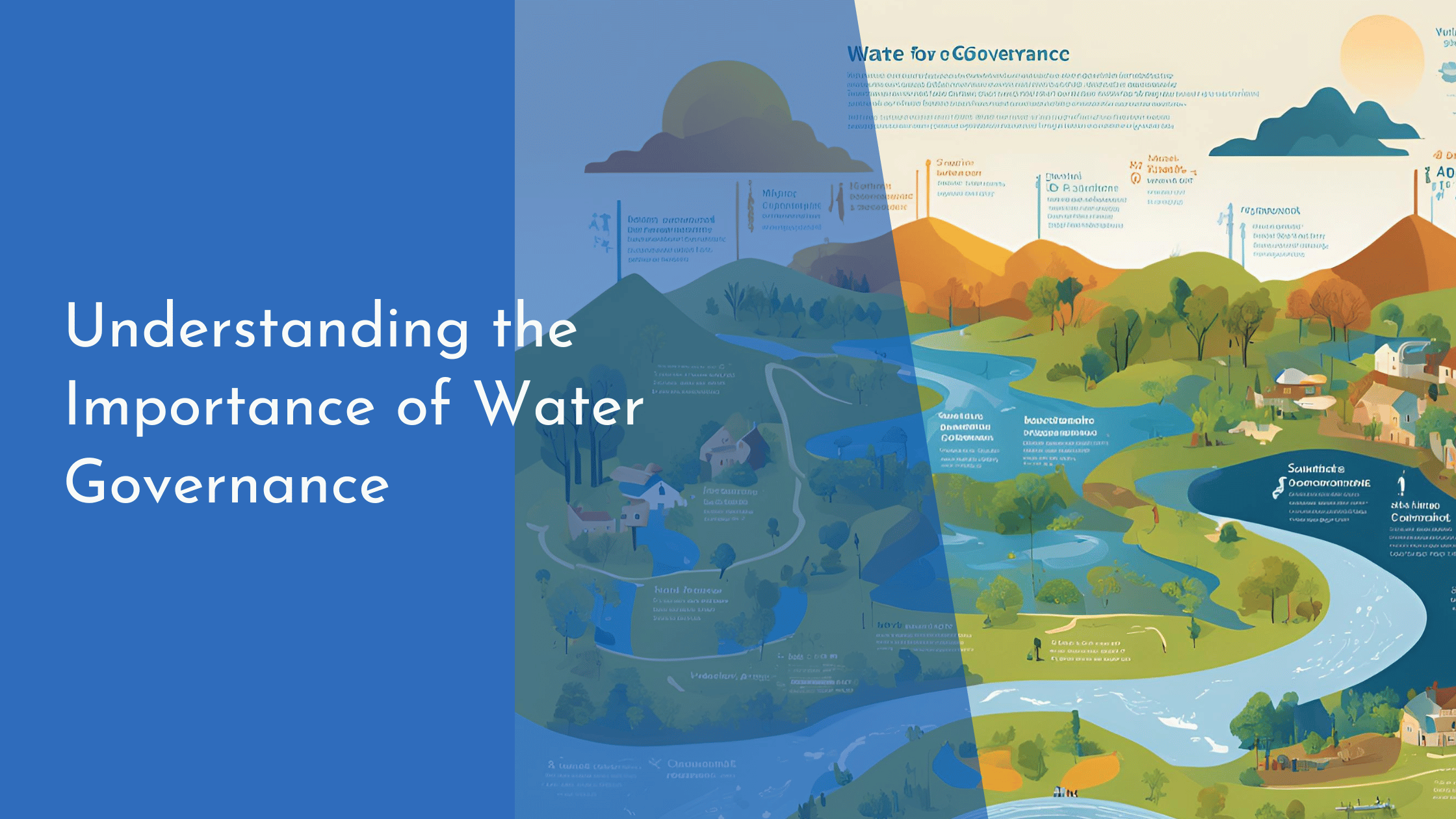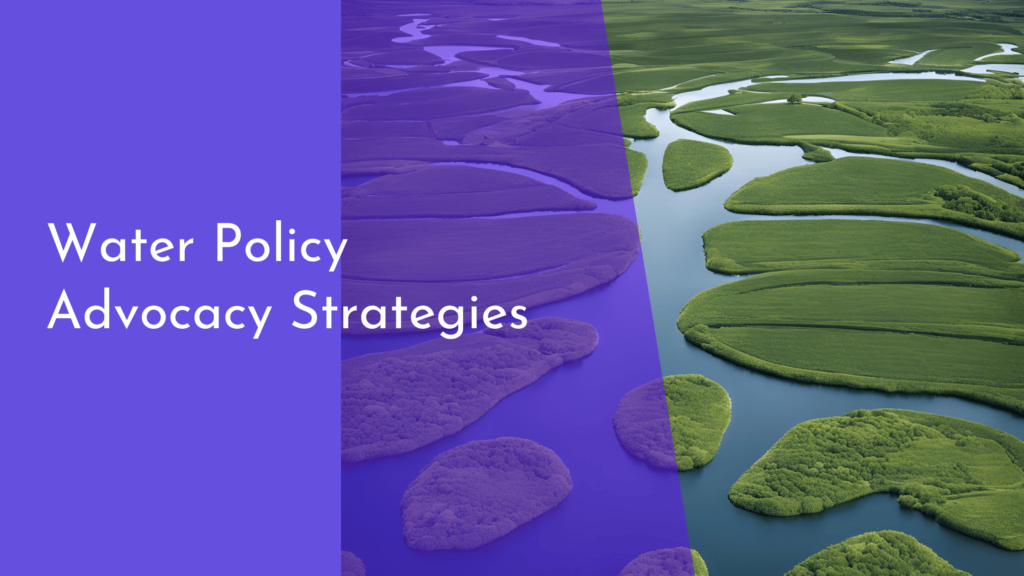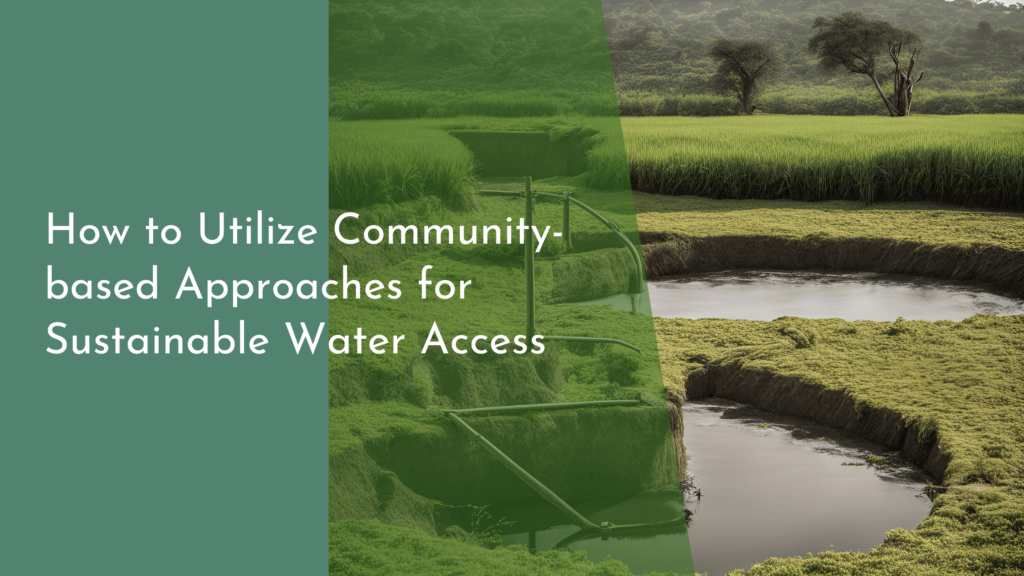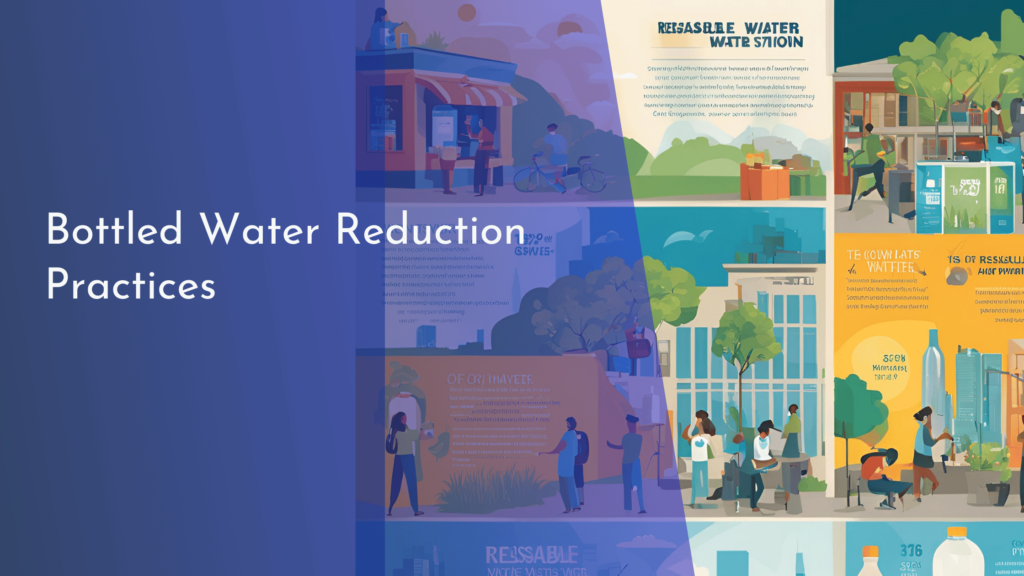Understanding the Importance of Water Governance
Water is a fundamental resource that sustains life, supports ecosystems, and drives economies. As global challenges such as climate change, population growth, and urbanization intensify, the need for effective water governance becomes ever more critical. This article delves into the significance of water governance, exploring its definition, key players, challenges, and opportunities, as well as highlighting the innovations and success stories from around the world. By understanding and improving water governance, we can ensure equitable access to this vital resource for current and future generations.
Defining Water Governance and Its Relevance
Water governance refers to the political, social, economic, and administrative systems that are in place to manage water resources and services. It encompasses the policies, laws, and institutions that determine how decisions about water are made, who makes them, and how those decisions are implemented. Effective water governance is crucial for achieving sustainable water management, which balances the needs of people, the environment, and the economy.
The relevance of water governance cannot be overstated. With water scarcity affecting over a billion people worldwide, and extreme weather events disrupting water supply and quality, there is an urgent need for robust governance frameworks. Well-structured water governance ensures that all stakeholders, including marginalized groups, have a voice in decision-making processes. It also promotes transparency, accountability, and coordination among different sectors and scales, resulting in more resilient and adaptive water management systems.
Key Stakeholders in Water Management
Water governance involves a diverse array of stakeholders, each playing a unique role in managing and utilizing water resources. Governments are typically at the forefront, setting policies and regulations, and providing infrastructure and services. Local governments often have direct control over water supply and sanitation services, making them critical actors in implementing effective water management strategies.
In addition to governments, non-governmental organizations (NGOs), civil society groups, and the private sector are also pivotal stakeholders. NGOs often advocate for community rights and environmental protection, while civil society groups can mobilize local participation and ensure that policies reflect the needs of the people. The private sector, on the other hand, brings innovation, investment, and efficiency to water management, often partnering with public entities to deliver essential services. Engaging all these stakeholders in water governance ensures a comprehensive approach that leverages diverse perspectives and expertise.
Challenges and Opportunities in Water Policy
Water policy faces numerous challenges, including competing demands from agriculture, industry, and domestic users, as well as the impacts of climate change. In many regions, outdated infrastructure, lack of investment, and inefficient water use exacerbate these issues, leading to water stress and conflict. Furthermore, governance structures may suffer from fragmentation, where responsibilities are poorly defined or spread across multiple agencies, hindering effective coordination.
Despite these challenges, there are significant opportunities to improve water governance. Advances in technology, such as smart water management systems and data analytics, offer new tools for monitoring and optimizing water use. Additionally, there is growing recognition of the importance of integrated water resources management (IWRM), which emphasizes holistic and participatory approaches to water policy. By harnessing these innovations and frameworks, policymakers can develop more resilient and sustainable water management systems.
Innovations and Success Stories in Water Governance
Across the globe, innovative approaches to water governance are emerging, offering lessons and hope for addressing water challenges. In Singapore, for instance, the nation has transformed from a water-scarce country to a leader in water management through its “Four National Taps” strategy. This approach integrates local catchment water, imported water, NEWater (recycled water), and desalinated water, providing a robust and diversified water supply system.
Another success story can be found in Colombia, where the city of Medellín has implemented a participatory water governance model that actively involves local communities in decision-making processes. This model has not only improved water quality and availability but also strengthened social cohesion and resilience. These success stories highlight the potential of innovative governance models to create sustainable water systems that meet the needs of people and the environment.
Final Thoughts
The importance of water governance cannot be understated in our quest for sustainable development and climate resilience. By understanding the complex interplay of stakeholders, challenges, and innovations in water governance, we can develop more equitable and effective systems to manage this precious resource. The success stories from around the world serve as beacons of possibility, illustrating how thoughtful governance can transform water management and ensure a secure water future for all. As we move forward, embracing collaborative, innovative, and adaptive approaches will be key to overcoming the water-related challenges of our time.







